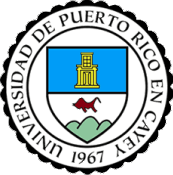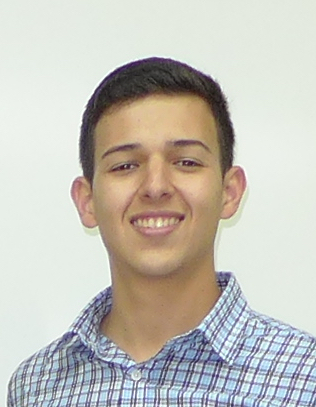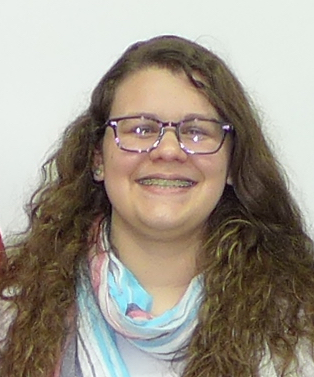Below is a summary of the abstract you submitted. Presenting author(s) is shown in bold.
If any changes need to be made, you can modify the abstract or change the authors.
You can also download a .docx version of this abstract.
If there are any problems, please email Dan at dar78@pitt.edu and he'll take care of them!
This abstract was last modified on April 21, 2015 at 8:42 p.m..

Student engagement in original scientific research is an effective method to provide meaningful educational experiences in introductory biology. Over the past six years, approximately 200 undergraduate freshman biology majors have participated in the SEA-PHAGES Program at UPRC, a project to isolate and characterize mycobacteriophage genomes, previously shown to present variable and mosaic gene organization. Understanding mycobacteriophages is important for evolutionary studies, novel gene identification, and development of therapies against antibiotic resistant pathogenic mycobacteria. We hypothesize finding unique bacteriophages with useful properties.
Tropical soil samples were collected throughout Puerto Rico and high titer phage lysates were prepared following enrichment with Mycobacterium smegmatis mc<sup>2</sup>155 and plaque purification. Phage morphologies were characterized using electron microscopy. Virion coat proteins were resolved using SDS-PAGE and will be followed by protein identification using mass spectroscopy. Mycobacteriophage genomic DNAs were purified, digested, and visualized using gel electrophoresis. Selected genomic sequences were determined and analyzed using bioinformatics tools.
This year, 25 novel lytic and lysogenic bacteriophages were isolated followed by purification and characterization. The genomic sequence was determined and annotated for the virulent Myoviridae mycobacteriophage InterFolia. InterFolia belongs to cluster C1, is 156,221 base pairs in length, with 64.7% GC content, circularly permuted ends, and encodes approximately 239 putative protein coding genes including proteins similar to capsid and tail structural proteins, terminase, HNH endonuclease, band 7 protein, LysM domain, helicase, primase, recombinase RecA, nucleotidyltransferase, phosphoesterase, FAD-dependent thymidylate synthase, lysins A and B, and many novel proteins with unknown functions. The InterFolia genome also encodes 32 tRNAs and one tmRNA.
During the past six years, more than 150 bacteriophages have been isolated and partially characterized at UPRC and additional bacteriophages for this and other bacterial hosts continue to be found, increasing our understanding of the biology of this important group of viruses. Eight UPRC mycobacteriophage genomes have been sequenced and annotated, and four have been submitted to GenBank so far: Lilac (JN382248.1), Cuco (JN408459.1), Kratio (KM923971.1), and Murucutumbu (KM677211.1). The unique organization of these mycobacteriophages presents an interesting challenge in understanding evolution and genome conservation maintained through distant geographic dispersal. SEA-PHAGES, HHMI, and UPR-Cayey supported this research.


